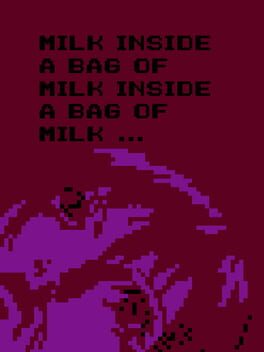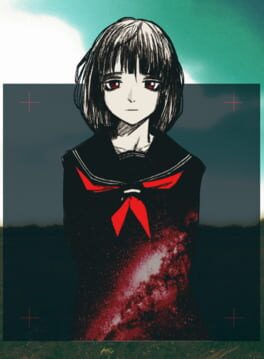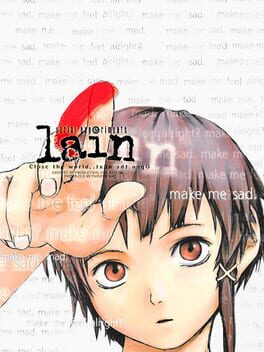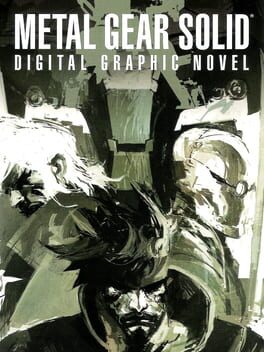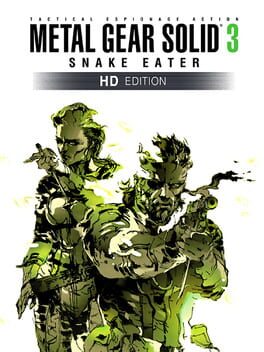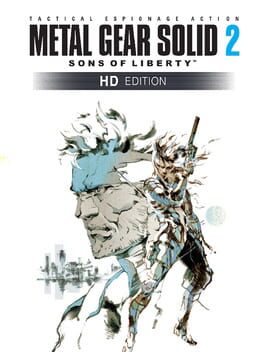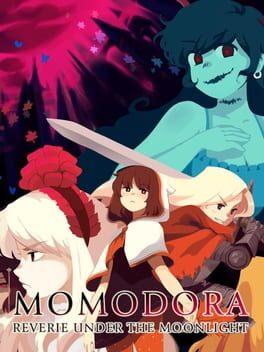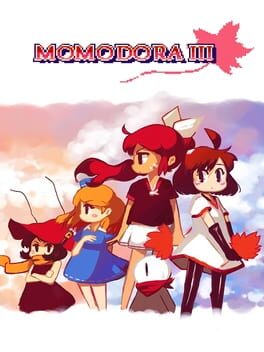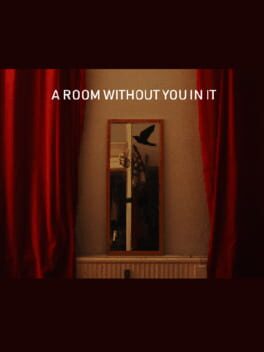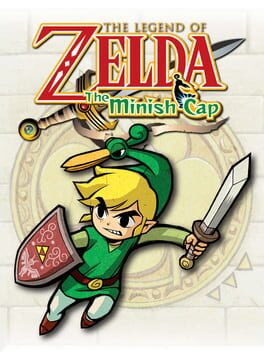Colamerda
2022
Spooky visual novel heavily focused on metanarrative elements. Unfortunately, there's not much more to say other than that: seeing the main character converse with the player by breaking the fourth wall in the knowledge that she is living in a game is still kinda cool but at this point it's something that has been done over and over again.
2023
Mind-blowing experiment of interactive mediality, Serial Experiments Lain detaches itself almost completely from the script of the anime to address the theme of subjectivity in relation to digital information from an entirely new perspective. The game appears as a digital folder from which a range of different audio, visual, and textual files can be accessed in no particular order, through which the narration unfolds as it goes along through more or less explicit clues and information about the events and the evolution in the interactions between the characters. There are many extremely interesting elements such as the focus on realism in the depiction of mental health issues and the therapist-patient relationship with its inherent criticalities and the ability to handle a script that functions perfectly even in a very nonlinear way: a title that may be difficult for many to approach, but one that it is so essential and rewarding to dive into in order to study it in all its parts because of its uniqueness and charm.
While the illustrations are quite nice per se, I find that the stylistic choice of the artwork is way too detached from the scientifically detailed tones and the analytical, complex themes of the original story. The writing is equally way too superficial and sketchy, taking too many liberties regarding the characterization of characters, who end up becoming cliches of themselves, lacking any kind of narrative engine and human depth. I don't know exactly what I expected from this project, since the source material seems to me very difficult to adapt in an expressionist medium like comics because of its irreducible verbosity, but the result seems to me really pitiful from every point of view, a completely meaningless product.
A great conclusion to the events of the series and a powerful reflection on the contradictions and inhumanity of war. The game mechanics are adequately renovated to fit a game of much larger scale than its predecessors and work quite well at the expense maybe of a somewhat low level of challenge. If I had to find something actually negative, I did not particularly appreciate the huge amount of nostalgic references to the earlier chapters, with the return of minor characters inserted in a sometimes purposeless way and other allusions that somewhat undermine the tragic and dense tone of the title, but other than that it's a majestically crafted game, despite being far far from the standards of originality and courage that the previous chapters had set.
While in terms of narrative and thematic depth the first two chapters in the Metal Gear Solid saga remain unmatched, the third game in the series takes a completely new direction, providing in terms of gameplay an extremely dense and generous experience and orchestrating a huge amount of different mechanics without them becoming overwhelming or confusing. This direction, however, has by no means taken the game away from what has made the Metal Gear franchise iconic: we are faced with a refinely authorial work, which juggles between displays of encyclopedic references to historical events, action and war movies and military tactics, all recombined in a postmodern environment of media admixture, capable of constantly playing with the player, being profound and at the same time not taking itself too seriously. Metal Gear Solid 3 is nothing less than an eternal ode to video gaming, a totalizing and perfect experience that is liberating, exciting and fun in every way possible.
Metal Gear Solid 2 is not only a landmark in video game history, not only a masterful lesson in the expressive potential of ludic artworks and a demonstration of how much depth can be reached with the power of interactivity, but also and above all a masterpiece that reflects in all respects the complexity and fascination of the digital age. Through an extremely fine and layered narrative construction, the thematic depth that holds together the characterization of every aspect of the game returns an almost essay-like experience of the human being's relationship with the issue of complexity, at a time when the clash between the understanding of reality and the proliferation of digital information becomes something impossible to ignore. It almost seems as if only through a virtual object, particularly one that constantly plays with its nature of virtuality by walking on the border with reality, can one experience with such clarity and curiosity the interpretive difficulties of our life in the present day.
With the fourth installment in the Momodora series, we finally find a solid game in every respect: a rather typical metroidvania, with a good variety of environments and enemies and a very polished visual framing, that make the exploration satisfying and rewarding, despite a certain linearity in the design and essentiality of the experience, which is more than justifiable given the limited scale of the title. The combat system in particular is quite satisfying, and a good variety of different tools makes it possible to customize the gameplay and take a number of different approaches, all handled in a very clever way.
2017
A very particular point-and-click adventure made entirely out of Renaissance paintings and music, Four Last Things somehow manages to balance all of its elements without being overly confusing or messy from both a visual and a design standpoint, maintaining the puzzles at a rather straightforward, but nonetheless ingenious level and the duration short but still satisfying thanks to the excellent quantity and quality of the overall content. The irony that mainly characterizes the experience is equally highly commendable, coming across as parodic and irreverent to the right degree, without degrading into the ungainly or cringe-worthy. Highly recommended for spending an pleasant evening engaged in a unique and different way of enjoying art, outside of the usual clichés of wonder and devotion.
2014
Another step forward compared to the previous chapters, Momodora III is much more visually polished, and the overall gameplay experience is improved by some additional depth in the design, such as the ability to equip and match various tools to better tackle the adventure. The final result still remains a short game with some nice ideas and a more than good level of challenge without anything really outstanding in it, but it is in any case interesting to observe the various stages of evolution of a project behind which there is evidently great passion.
2015
Surreal and grotesque point-and-click adventure about kindness, completely devoid of lines of dialogue or text in an understandable language. The puzzles are all rather linear and largely optional, but the depth of the gameplay is sufficiently enhanced by the ability to control several characters and a large map to explore freely and full of interconnected elements. The overall experience is very enjoyable and wholesome, and is quite a departure from the kind of challenge that is offered in more classic titles in the genre.
A Room Without You In It is a very short, but extremely evocative and personal experience that, with only four rooms, a couple of puzzles and a few lines of dialogue, manages to create a very effective space for self-reflection, in which we can see how anxiety and fears change the world in front of our eyes and our relationship with it. A very interesting work, revealing great talent and authorial sensitivity.
One of the key elements that makes the zelda games so special is the way they stimulate you to change perspective in order to advance in the adventure and discover secrets: in "A Link to the Past" this is done by switching between two different dimensions, in "Ocarina of Time" by traveling between different time phases, while in "The Minish Cap" you can take the form of tiny creatures that perceive the game world from a completely different viewpoint, enriching the exploration in an incredibly stimulating way. The overall design is absolutely on the level of the best Zelda chapters and the gameplay experience is very rich and satisfying, not at all trivialized by subsisting on a handheld console: adorable, full of secrets to discover and just plain fun.

